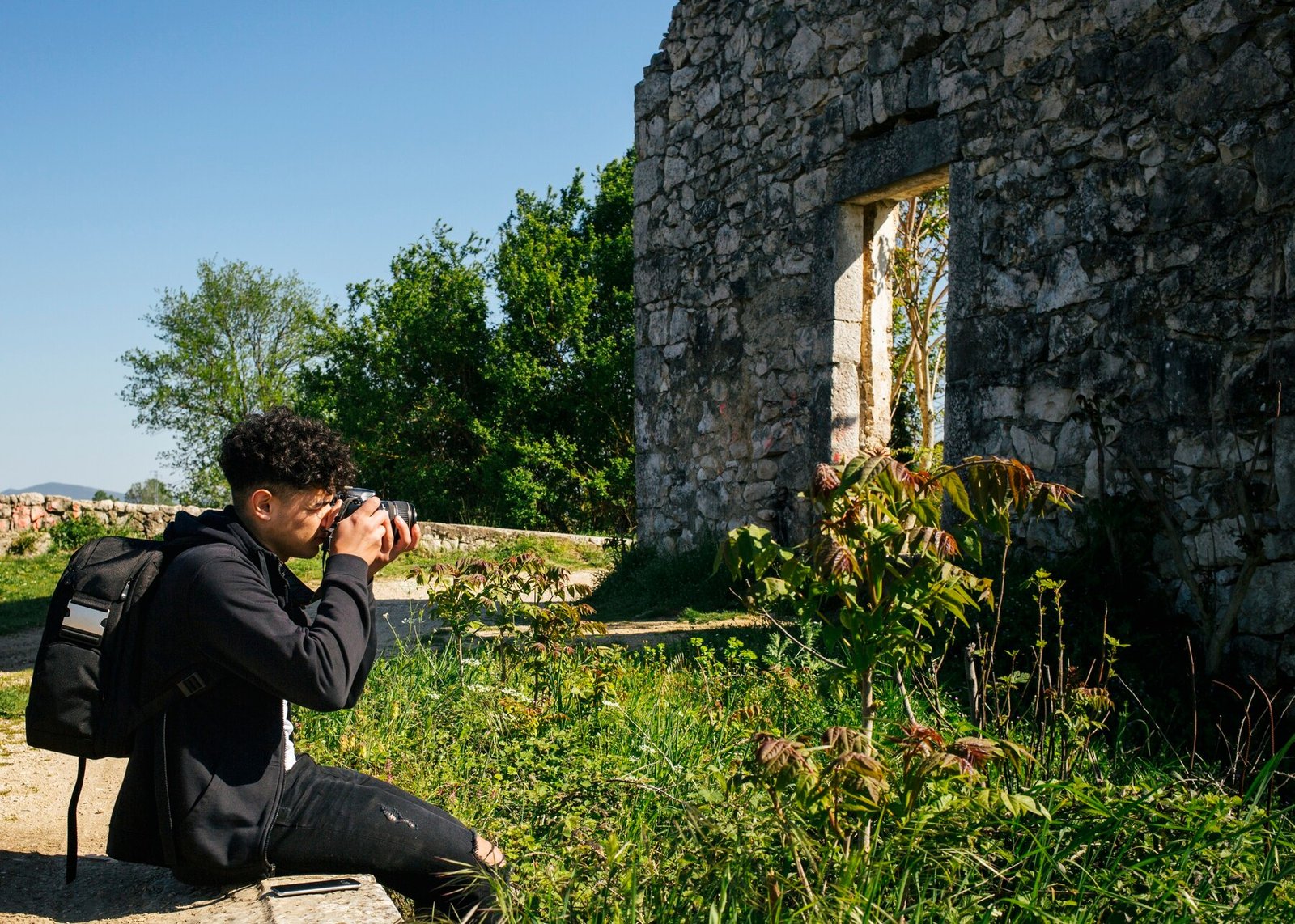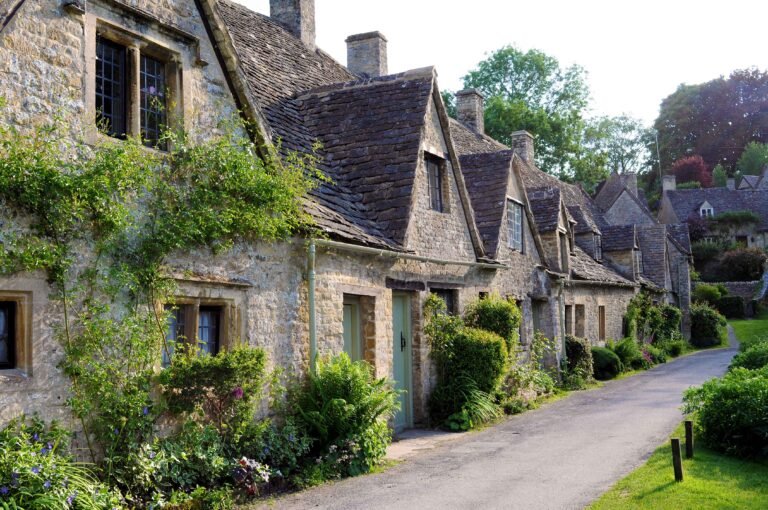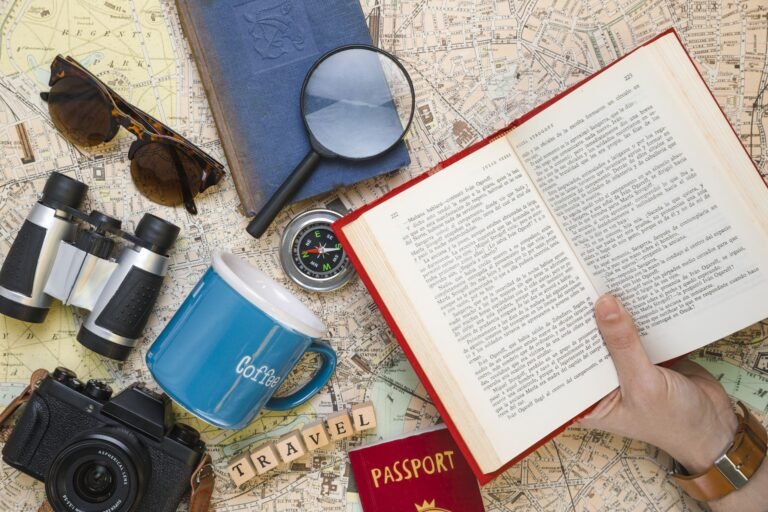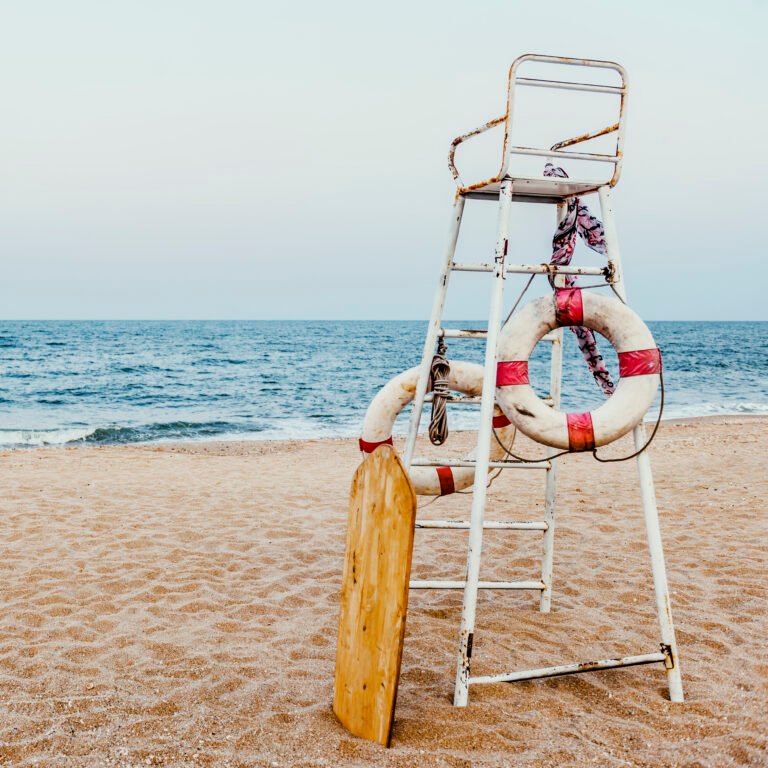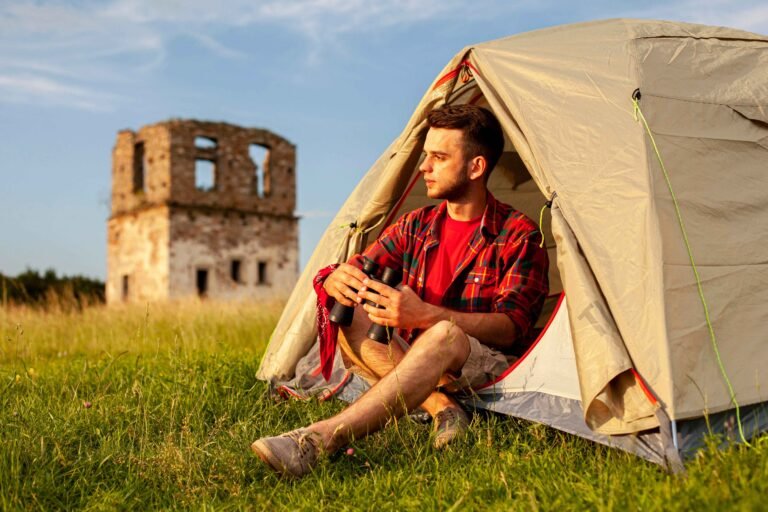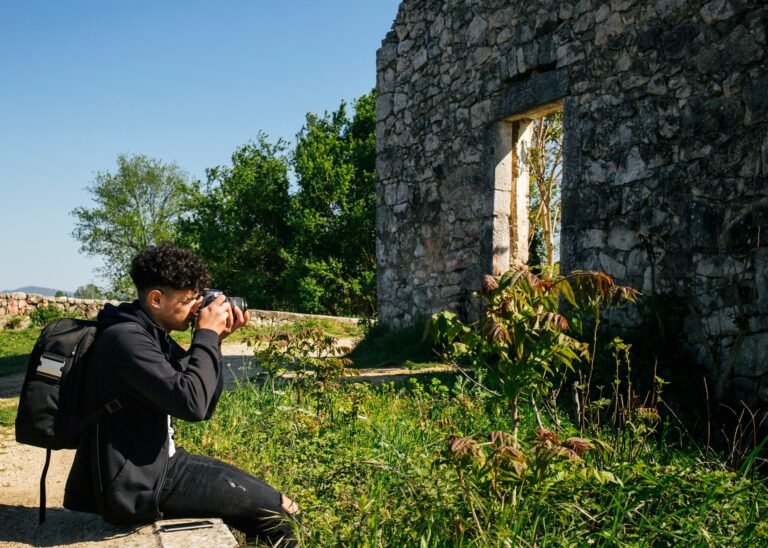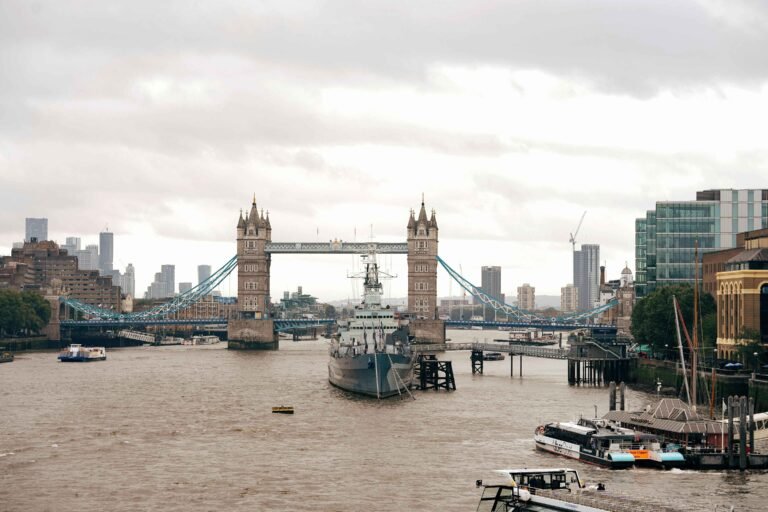Consumer psychology is surprisingly powerful when it comes to travel location selection. Why do we pay attention to some places and ignore others? It turns out that our decisions are frequently influenced by the psychology of the places we visit, how we feel about them, and even the memories we make.
The Influence of First Impressions: Attraction, Colours, and Images
In the travel and tourist sector, aesthetic attractiveness is crucial. The first interest in a trip is frequently sparked by captivating headlines, vivid colours, and eye-catching photos. According to research, imagery—especially vibrant images—activates the brain’s reward system, causing us to feel exhilarated and daring (Hagtvedt & Brasel, 2016). Using eye-catching components on a travel website such as Explore UK Today encourages a sense of exploration, attracting users and increasing their interest in particular locations.
Story Telling
We are geared psychologically to seek for stories. Tourists are frequently drawn to places with rich histories or compelling stories because they give them a feeling of depth and connection. For instance, the legendary tales surrounding Loch Ness or the ancient castles of Wales become more than just locations; they become narratives in which we may take part. Research indicates that individuals are more inclined to select locations that provide a “story experience” as opposed to those that solely focus on aesthetic attractiveness (Escalas, 2004).
Making Memories That Last: The Significance of Originality and Customisation
When places provide new or unusual experiences, they pique interest and create enduring memories. According to Berridge and Kringelbach (2015), novelty causes the brain to release dopamine, which makes an event feel special and fulfilling. Promoting unusual experiences, such as a quirky beach village or undiscovered walking routes, could satisfy these psychological demands at Explore UK Today and inspire readers to discover and keep in mind these UK treasures.
Conclusion: How Travel Is Guided by Consumer Psychology
Websites like Explore UK Today can create more memorable and captivating travel content by having a better understanding of consumer psychology. We produce not simply engaging material but also adventures that our audience will never forget by emphasising visual appeal, storytelling, and distinctive experiences.
References:
Berridge, K. C., & Kringelbach, M. L. (2015). Pleasure systems in the brain. Neuron, 86(3), 646-664.
Escalas, J. E. (2004). Narrative processing: Building consumer connections to brands. Journal of Consumer Psychology, 14(1-2), 168-180.
Hagtvedt, H., & Brasel, S. A. (2016). Cross-modal communication: Sound frequency influences consumer responses to color lightness. Journal of Consumer Psychology, 26(1), 134-142.

